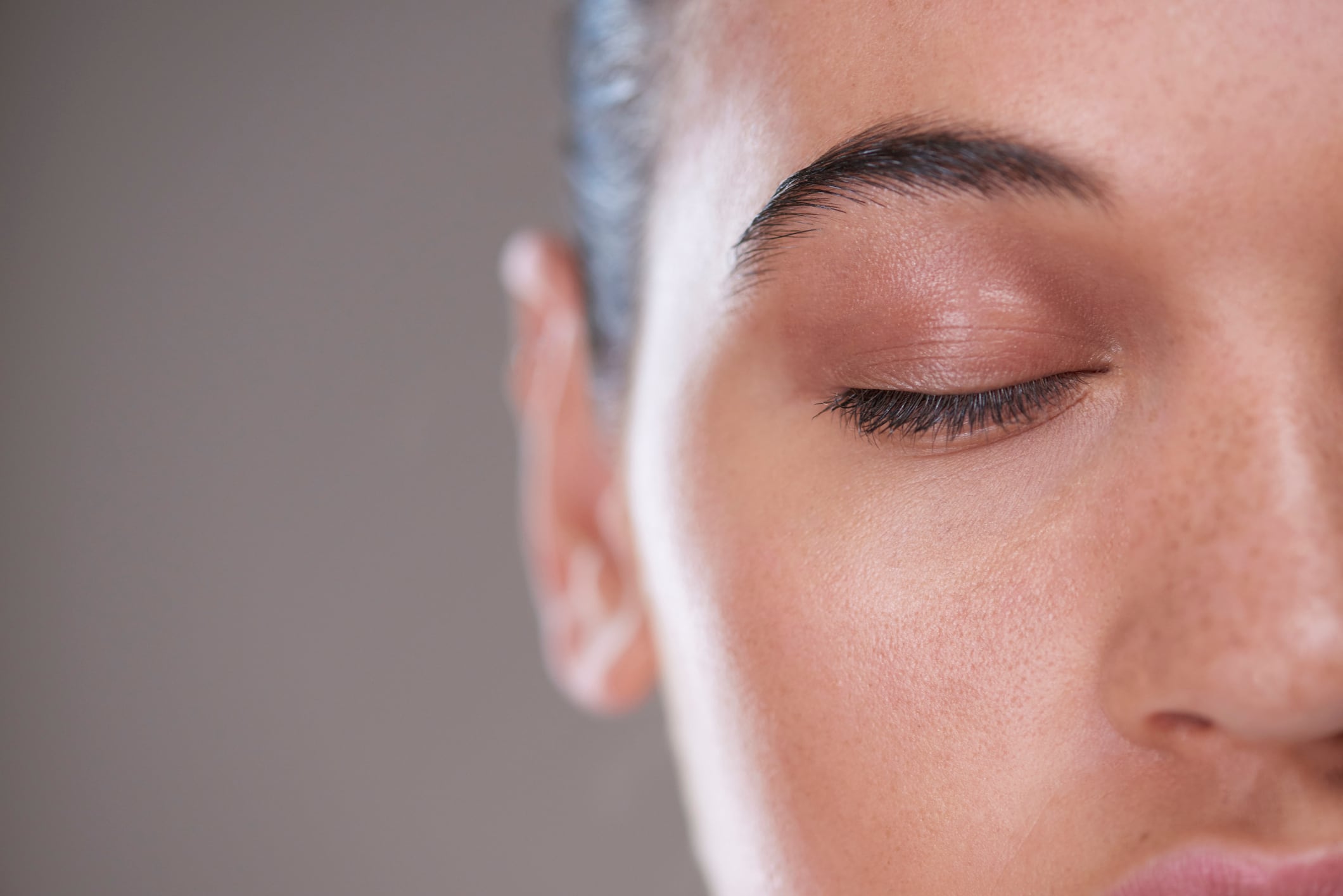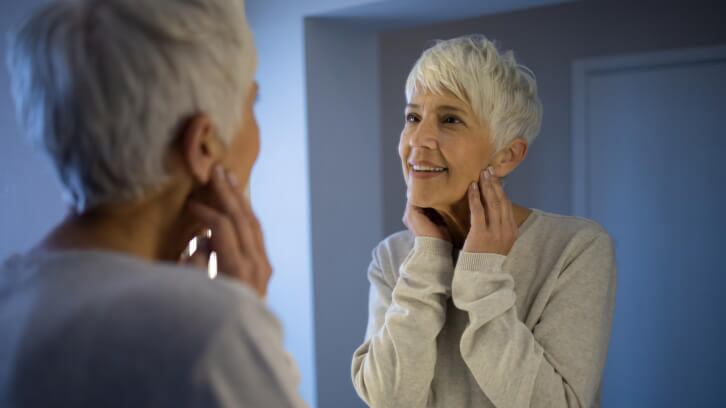To mark the recent publication of The Premium Makeup Report, we spoke to Imogen Matthews, who is Founder of the Premium Market Report and Consultant to Innova Market Insights, the market intelligence provider behind the publication of the report.
We put questions to Matthews about how the quest for new skincare claims is increasingly shaping product development , the way sustainability is being woven into the story for additional appeal and the most eye-catching strategies in the digital space. We also found out about what is making particular brands stand out in this crowded space.
The importance of skincare claims
Skincare claims have become a crucial element to many product areas in the color cosmetics category in recent years, with advances in formulation technology and ingredients helping to elevate claims to new levels.
“There’s a natural synergy between skincare and make-up, especially in the premium sector, where brands can differentiate their offer from mass brands by including active ingredients with high performance capabilities normally found in face creams and serums,” Matthews said.
“Consumers looking for a more natural look are more likely to choose make-up brands making skincare claims. Hybrid make-up products offering two or more functions in one have soared in popularity, as demonstrated by the wave of new product launches on the market. Four of the biggest positioning claims for make-up globally, according to the Innova Database, are ‘ophthalmogically tested’, ‘dermatologically tested’, ‘non-acnegenic’ and ‘waterproof’.”
Sustainability is top of the mind
While functionality has become a vital part of standing out and offering greater value to consumers, sustainability is increasingly a must have for eco-conscious individuals who want to ensure that their purchase is also the right one for the environment. In the post-Covid19 world, consumers now have a renewed interest that is also being piqued by the rising incidence of climate change that is being linked to natural disasters.
This growing sense of awareness about the problem is underscored by the Innova Lifestyle & Attitudes Survey 2022, which showed that health of the planet is the top global concern at 34% among global consumers, whereas plastic waste is the top environmental issue (83%) with animal cruelty and ocean pollution scoring highly . Likewise, the Innova 2021 Trends Survey also shows that Latin American consumers are more concerned about these global environmental issues than consumers in Europe and the US.
“Sustainability is not usually top of mind for the premium make-up consumer who is more likely to seek out long-lasting or moisturizing and hydrating claims, which are the most cited claims among new beauty launches tracked by Innova,” said Matthews.
“In premium make-up, sustainability has largely focused on refillable packaging to meet the needs of eco-conscious consumers, though it is largely indie brands which had led the push for more sustainable initiatives, ranging from refillable products, less packaging and more eco-friendly ingredients.”
Matthews believes that color cosmetics brands in general still have a long way to go to make meaningful moves in the area of sustainability. One of the few exceptions is Chanel’s No. 1 de Chanel, which benefits from being formulated with 97% natural ingredients, as well as packaging designed to minimize the product’s carbon footprint.
“In particular, little concern has been given to making packaging more easily recyclable in the makeup category,” said Matthews.
“The disposable of items such as nail polish, mascara, lipstick and eye shadow palettes is a real problem for the consumer and no make-up brand has yet come up with a satisfactory and sustainable solution.”
Digital is transforming choice and the retail experience
On the vital pic of digitalization, the Innova report highlights what a crucial role these tools are having on shaping this category, in particular by empowering consumers to make choices that are more personalized to their own tastes and skin tones.
“Augmented and virtual consultations have become more sophisticated and user-friendly, although the ability to touch, test and feel the product remains a key priority for consumers who want to experience products physically in retail stores and interact with beauty advisors in real life. Eg Chanel’s Lipscanner Technology bridges the gap between real live and VR, and is the first AI scanner to take any image and match it to a lip color form the brand’s 400 shade collection,” said Matthews.
“The two can co-exist if brands and retailers ensure their spaces embed phygital experiences to make shopping relevant and exciting. Brands that can blur the lines between physical and digital will become even more important to the digitally connected beauty consumer.”
Matthews also highlighted some of the color cosmetics products that are standing out in the category thanks to innovative approaches to development, pointing to the fact that many fashion-led brands are standing out in particular:
- Luxury fashion online retailer Farfetch has launched Farfetch Beauty which carries brands such as Charlotte Tilbury, Westman Atelier, Chantecaille and RMS Beauty.
- Farfetch owns fashion boutique Browns and has launched a dedicated beauty department, while Milan-based label Off-White debuted Paperwork, a barrier-breaking make-up line of nail polishes, face and body crayons.
- Fashion brands Valentino, Dries van Noten, Hermes have all created make-up collections, joining the successful launch of Gucci Beauty. Valentino, Dries van Noten and Hermes all sell refillable lipsticks.
- Balmain is slated to launch its beauty line in 2023 through a license with Estée Lauder companies.



